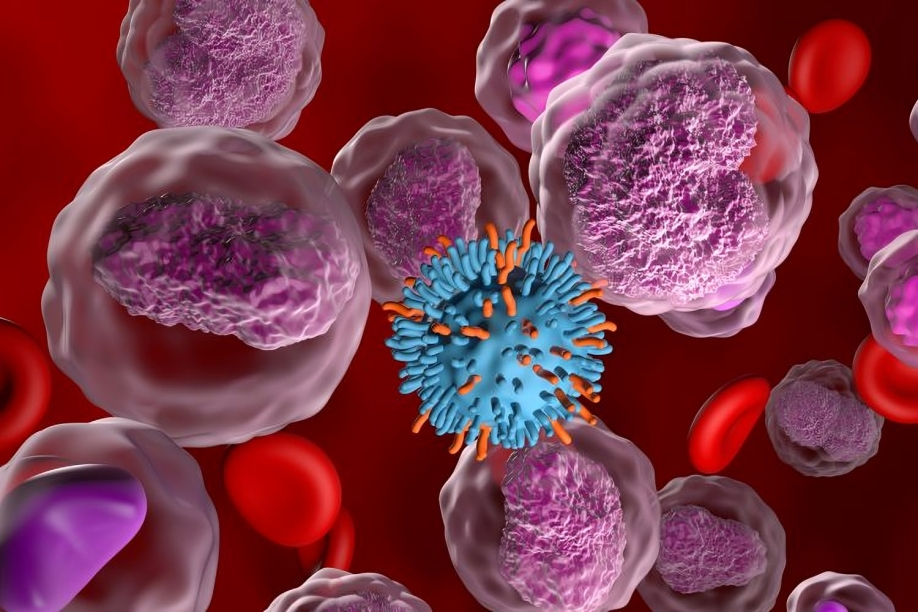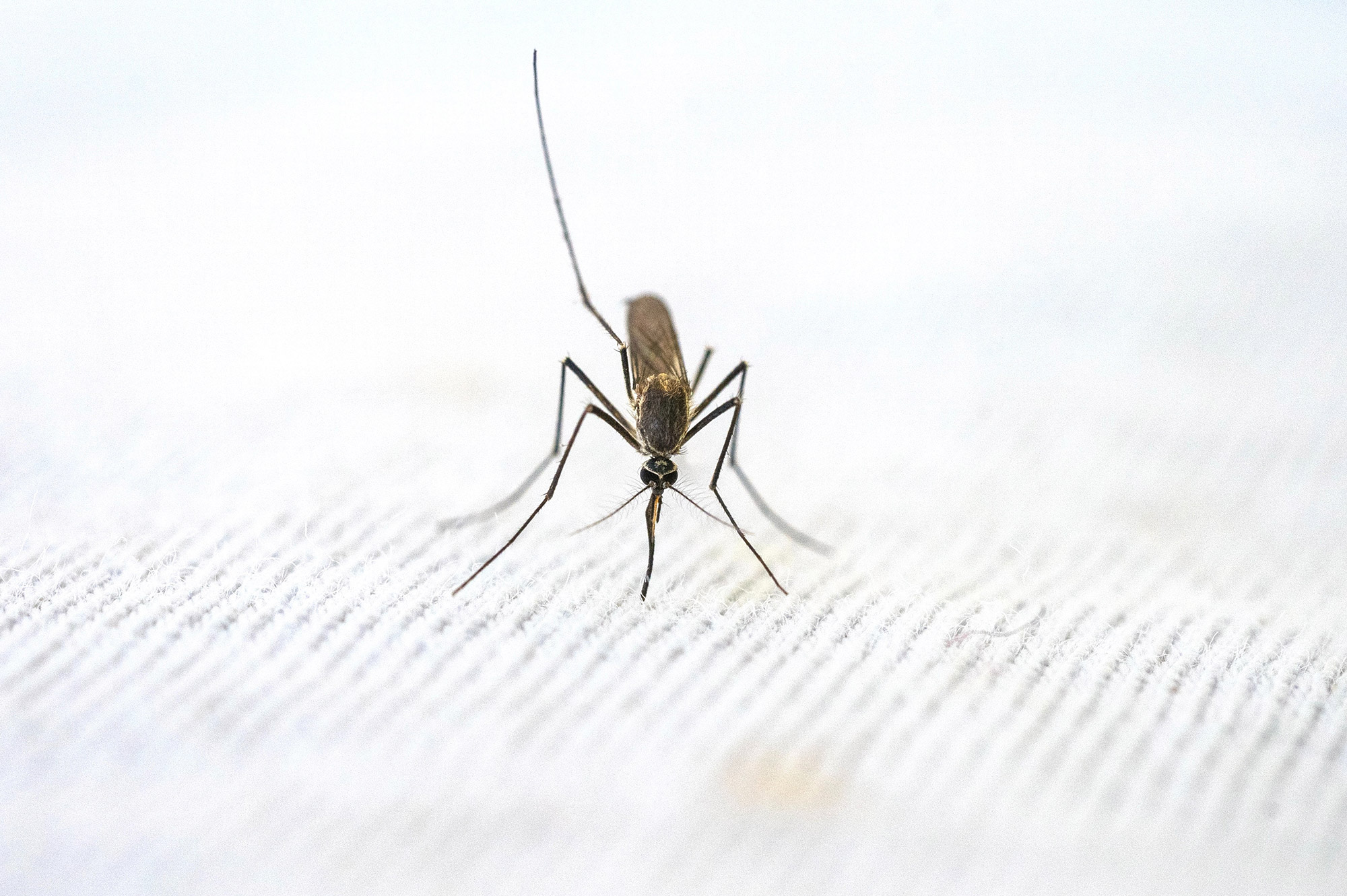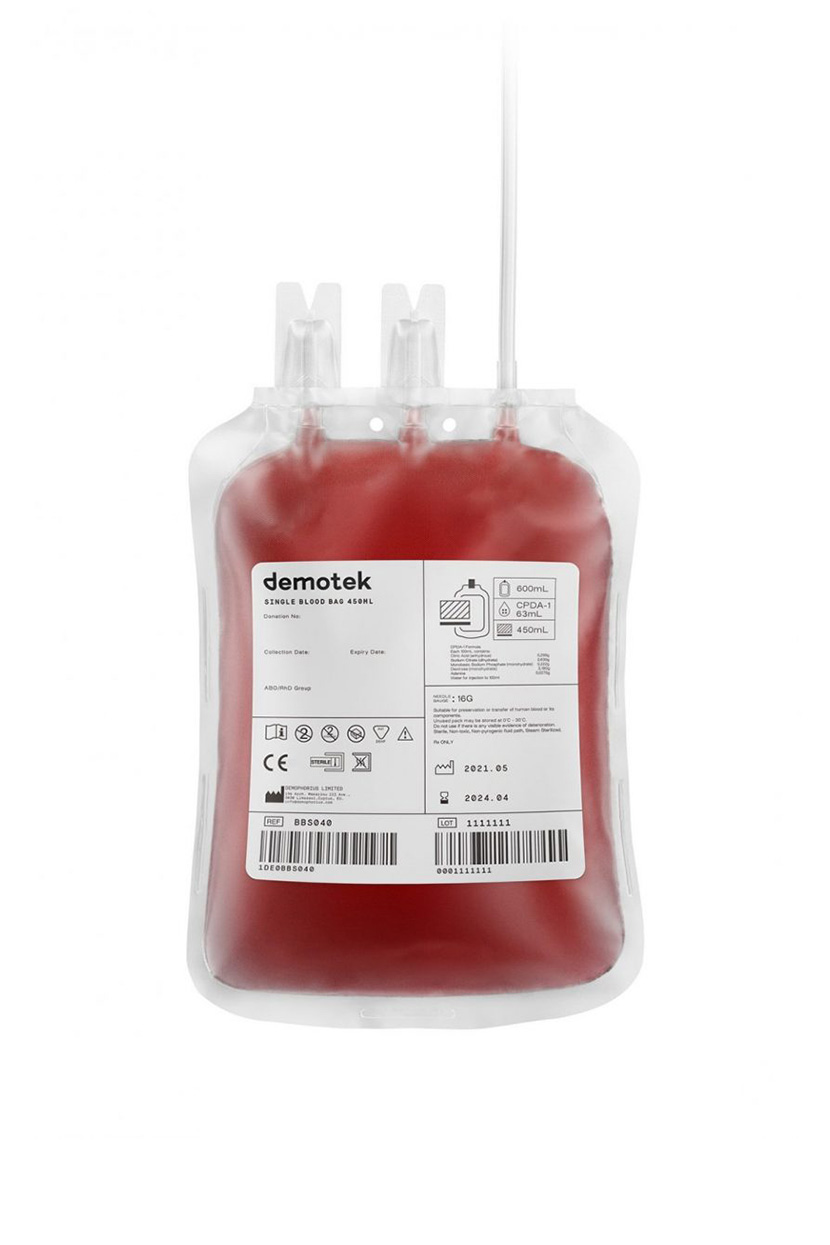What’s the exact cause of Chronic Lymphocytic Leukemia?

This study by Marios Prodromou has been built to evaluate the effect of global epigenetic changes on the hypomethylation of Alu elements in Chronic Lymphocytic Leukaemia (CLL). Indeed, while global hypomethylation of Alu elements has been widely reported in solid tumours, there hasn’t been a fully detailed account of specific primary cytogenetic aberrations that are linked with hypomethylation of retrotransposons and how this contributes to CLL.
CLL is a malignant disease characterized by the uncontrolled clonal proliferation of small, mature-appearing neoplastic dysfunctional CD5+ B lymphocytes and which is driven by changes in DNA methylation. Genetic alterations and signaling via surface immunoglobulin which constitutes a major part of the B cell receptor also contribute to CLL pathogenesis. The clinical outcome of CLL is heterogeneous with some patients requiring therapy immediately after diagnosis due to the rapid progression of the disease in contrast to others who do not require treatment for many years. IGHV mutational status, genomic changes, and patient age should always be considered when choosing the right therapy.
Retrotransposons such as Alus comprise more than 25% of the human genome and their hypomethylation has been shown in solid tumours. However, there have been scant considerations of their role in CLL carcinogenesis.
Therefore, this study by Marios Prodromou has shown a broad overview of the relationship between major cytogenetic aberrations and hypomethylation of retrotransposons while mentioning novel treatments that can be used. 13q.14.3, 17p13.1, and 11q22-q23 were the most found deletions in CLL patients. All deletions were found to be associated with DNA hypomethylation of retrotransposons at CpG sites influencing the function of DLEU1&2, RB1, TP53, and ATM genes.
While various specific genomic events are seemed to be directly related to a differential clinical outcome and frequency between CLL patients that bear mutated-IGHV or unmutated-IGHV genes, until today very few studies have tried to link these genomic events to hypomethylation of retrotransposons, therefore future studies are necessary so to identify the exact mechanisms which subsequently can lead to new novel therapeutic approaches.



